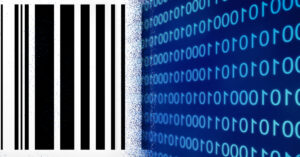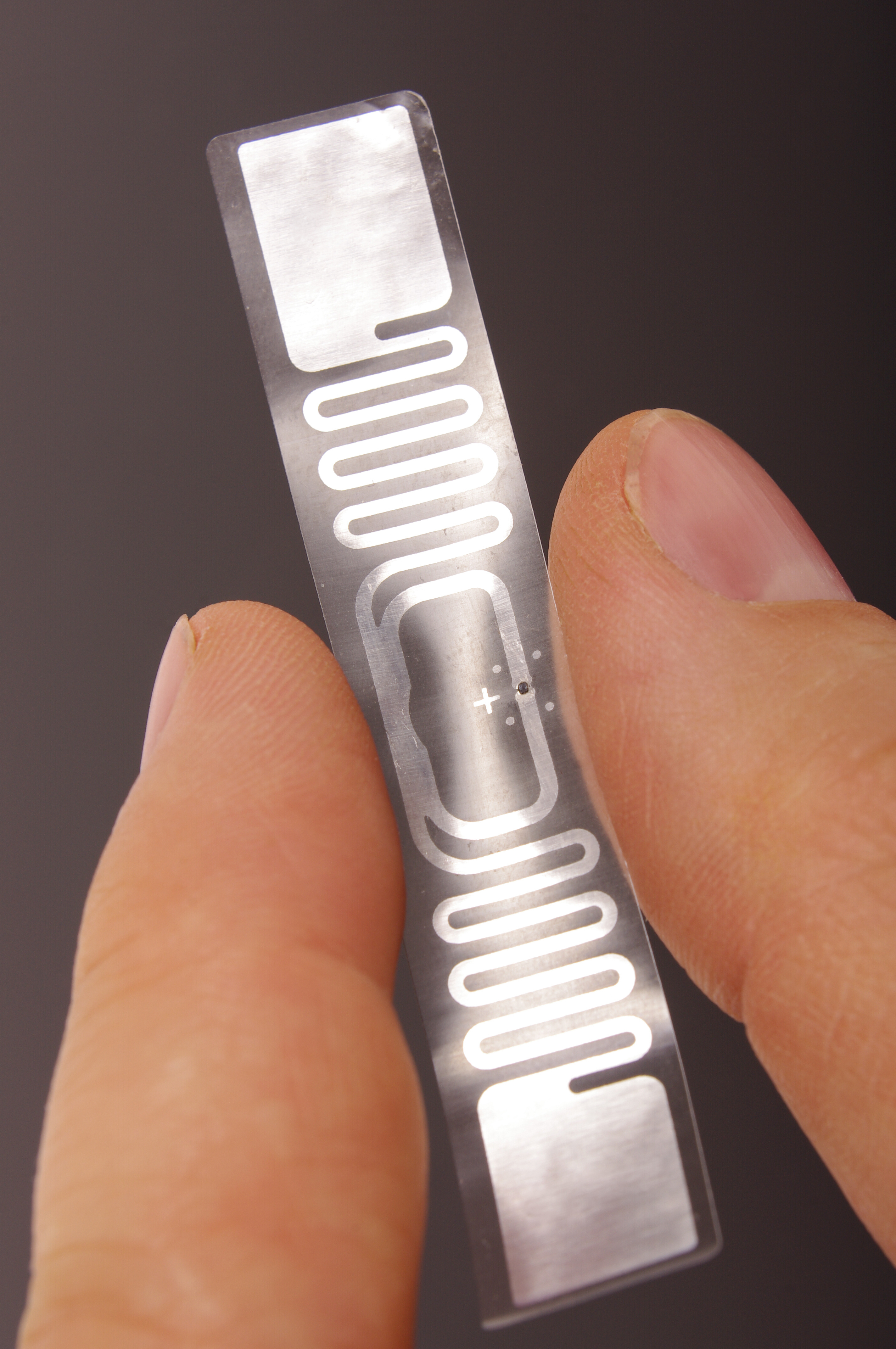Start Here
Approval Process with Auburn RFID Lab
No need to fret, as we’re here to assist you with your products specifically tailored for Walmart RFID mandate. Whether you’re a supplier embarking on the compliance process for the first time or seeking guidance, we’ve got you covered.
By providing us with a few essential details, we’ll swiftly initiate the process, enabling you to make a seamless start and quickly gain momentum.
Want to do RFID in house
With our custom software, RFID compliance is easy
You won’t work with a Sales team. You work right with a developer to build your own RFID system so that you can own the entire printing, encoding, testing, workflow process.
Services
What We Can Do For You
Our team at Letter B offers a range of services to enhance your ERP system. By integrating RFID tracking capabilities, we can ensure that you effectively manage unique UPCs. Leveraging our cloud-based infrastructure, we can seamlessly connect to your system through an API.
In addition to ERP systems, Letter B specializes in various other solutions. We excel in custom software development, enabling us to create tailored applications that meet your specific requirements. Moreover, our expertise extends to legacy application modernization, revamping outdated systems to enhance their functionality. We also provide comprehensive database management and migration services to ensure smooth transitions and efficient data handling.
Customer Software Development
We create custom solutions for your business needs-maintainable, secure, flexible, and modern.
Legacy Application Modernization
Does your business depend on software or technology that is starting to show its age?
Database Management & Migration
Whether you need a brand new database or you need to migrate an existing one, we can help.
Case Study
Walmart RFID Mandate: Letter B Case Study
Discover how Letter B helped a Walmart supplier build tailored software and integrate RFID technology as an API. Read the case study now!
Things you need to know about Walmart’s RFID Mandate
What is Walmart's RFID Mandate?
Walmart has had an RFID mandate for suppliers in select departments for a while now. This decision followed their successful use of UHF RFID technology to track items in-store, leading to better inventory accuracy and customer satisfaction.
Do we have the latest Walmart RFID playbook?
Yes, we have RFID Playbook Version 3.1 revised on February 3, 2023. Please contact us for access or download directly from the Walmart supplier portal.
Why do my RFID tags need to be sent to the RFID Lab?
The RFID Lab and major retailers have partnered to make the RFID mandates successful and beneficial for all parties involved. The RFID Lab now validates that each supplier’s
What is the Auburn University RFID Lab?
The Auburn University RFID Lab is an RFID testing facility that specializes in researching Radio Frequency Identification and its current and future business cases.
What does the Item File Upload on the ARC Submission Form mean?
What is the difference between a UPC and an GTIN?
A UPC provides the GTIN in barcode format, so the number under the barcode is generally referred to as the GTIN, or Global Trade Identification Number.
What is an SGTIN-96?
An SGTIN-96 is a serialized GTIN, which means that a serialized and unique item code is added to your product’s GTIN. For more in depth information on the SGTIN-96, checkout our article What is the SGTIN-96?.
Which departments have to comply with Walmart's RFID mandate?
As of February 3, 2023, Automotive, Electronics, Entertainment, Hardlines, Home Goods, Sporting Goods, and Toys must comply with Walmart’s RFID Mandate.
Here’s a full list:
Automotive Departments:
D10 – Automotive Tires (Modular)
D10 – Automotive Batteries, Car and Truck Batteries, Lawn & Garden Batteries, Motorcycle Batteries
Electronics Departments:
D72 – Electronics
D87 – Wireless
Entertainment Departments:
D05 – Media & Gaming
D06 – Cameras and Supplies
D21 – Books
Hardlines Departments:
D03 – Stationary
D10 – Automotive
D11 – Hardware
D12 – Paint
D16 – Lawn & Garden
Home Departments:
D14 – Kitchen
D17 – Home Decor
D19 – Crafts
D20 – Bath and Shower
D22 – Bedding
D71 – Furniture
D74 – Home Management
Sporting Goods Departments:
D09 – Sporting Goods
Toys Department:
D07 – Toys
What needs to be printed on my RFID tags for Walmart?
An EPC logo must be printed on your RFID tags, and other RFID Tag Mandates may specify the requirement of an additional component such as a UPC barcode.
How does Walmart want me to place my RFID tags on my products?
Placement depends on your product’s size, shape, and packaging. Take a look at the RFID Lab’s Tag Placement Guide for a better idea for your specific product.
RFID, ARC,GS1, EPC Resources

Did Walmart’s RFID mandate successfully drive RFID adoption in retail?
In 2022, Retail giant Walmart announced that it was expanding the utilization of radio frequency identification (RFID) technology beyond retail apparel to encompass other critical retail departments. This included home, entertainment, and hardline departments, targeting a wide range of products.

RFID Pushes Retailers Toward Digital Transformation
A growing problem for retailers is managing inventory in omni-channel environments. Retailers want to ensure consistency across the in-store, online and social media experiences, but supply chain and staffing shortages can make this complicated. These days, the industry is benefiting from radio frequency identification technology to help retailers monitor inventory in real time. RFID’s sophisticated artificial intelligence and sensory technology can geotag and track products as they move from the warehouse to the store.

From Barcodes to Bytes
It’s hard to believe that the invention of the UPC—first used by railroads almost 100 years ago and then introduced to speed grocery checkout lines back in 1974—hasn’t changed. Groundbreaking at the time, but now sorely outdated, UPCs are finally getting a facelift and moving into the 21st century thanks to the GS1 Sunrise 2027 initiative.

How RFID is Transforming Retailer Perspectives
Radio Frequency Identification technology (RFID) is by no means a new technology, but the disruption of the supply chains in recent years and the rise in sustainability demands has led to its use picking up momentum in the retail space, with IDTechEx forecasting that nearly 24 billion RFID labels will be used in retail apparel tagging by 2023.


